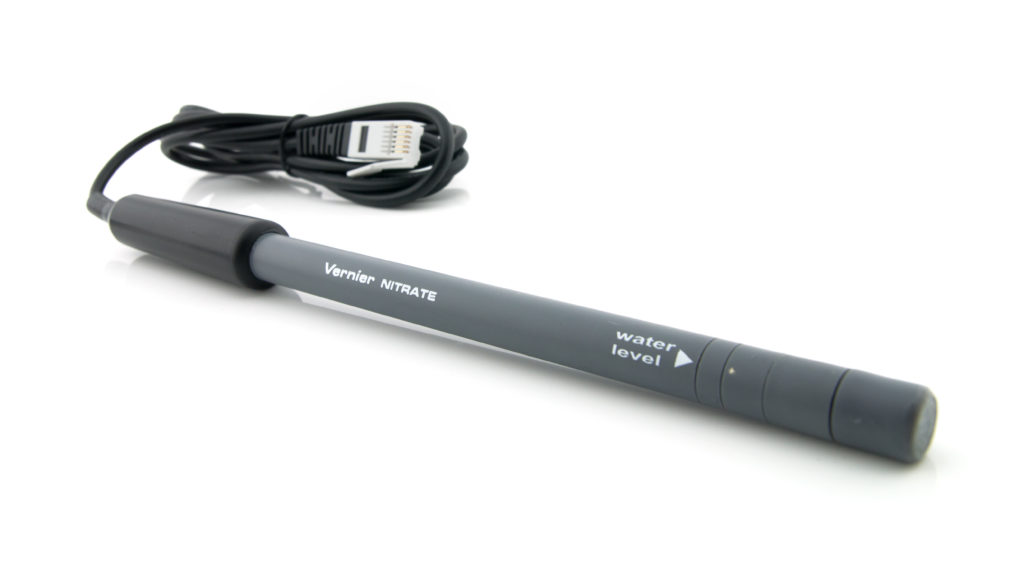- Joined
- Nov 15, 2019
- Messages
- 481
- Reaction score
- 1,046
Which lab grade probes/electrodes are useful in reefing, more accurate than hobby kits, and relatively easy to use? I'm not sure if "ease of use" is probe manufacturer specific or more holds true for all probes testing X. Would any of these or others fall in the "accurate and easy to use probe" category meaning easy and or infrequent calibration and whatever other considerations there are. I'm thinking for periodic not continuous use as I've heard of biofouling if left in, of course if continuous use is possible do tell. Neglect budget but no 3k probes lol. Of course these parameters come to mind:
Ca
Alk
Phosphate
Nitrate
mag
potassium
conductivity
ph
whatever else I am forgetting.
I'd just like to call out two parameters specifically.
Conductivity, I know Randy has used a 4 electrode conductivity probe, he just drops it in and it works without even calibration. Are most conductivity probes like that? I was looking at https://www.thermofisher.com/order/catalog/product/013020MD#/013020MD Also the readings are temp compensated, in order to calculate conductivity you need temp so this just ensures I am getting an accurate reading at say 80F?
Last one I want to call out specifically - ALK, so the thermofisher site says "Measure carbon dioxide, carbonate and bicarbonate in aqueous solutions quickly and accurately with the Thermo Scientific™ Orion™ 9502BNWP Carbon Dioxide Electrode." Would this probe give results that could easily be used interpreted like the dkh readings we see all the time? Or are our hobby grade kits not testing for all of these 3 and theres an issue? Same question as for all about ease of use also.
Thanks so much, apologize for the length of the post!
Ca
Alk
Phosphate
Nitrate
mag
potassium
conductivity
ph
whatever else I am forgetting.
I'd just like to call out two parameters specifically.
Conductivity, I know Randy has used a 4 electrode conductivity probe, he just drops it in and it works without even calibration. Are most conductivity probes like that? I was looking at https://www.thermofisher.com/order/catalog/product/013020MD#/013020MD Also the readings are temp compensated, in order to calculate conductivity you need temp so this just ensures I am getting an accurate reading at say 80F?
Last one I want to call out specifically - ALK, so the thermofisher site says "Measure carbon dioxide, carbonate and bicarbonate in aqueous solutions quickly and accurately with the Thermo Scientific™ Orion™ 9502BNWP Carbon Dioxide Electrode." Would this probe give results that could easily be used interpreted like the dkh readings we see all the time? Or are our hobby grade kits not testing for all of these 3 and theres an issue? Same question as for all about ease of use also.
Thanks so much, apologize for the length of the post!
















